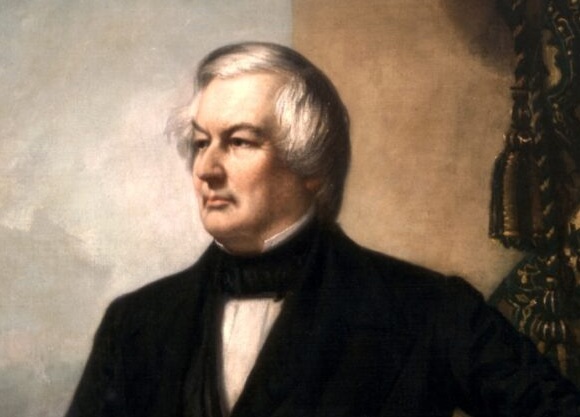Introduction
Campaign finance laws play a pivotal role in shaping the American political landscape. Understanding these laws is crucial for voters seeking to navigate the complexities of political funding. This article delves into the intricate web of campaign finance regulations, examining their impact on candidates, political parties, and the overall electoral process.
Campaign Finance Laws: Essential Knowledge for American Voters
- Contribution Limits: Campaign finance laws establish limits on the amount of money individuals and organizations can donate to candidates and political parties. These limits aim to prevent undue influence by wealthy donors and ensure a level playing field for candidates.
- Disclosure Requirements: Laws mandate candidates and political organizations to disclose the sources and amounts of their donations and expenditures. This transparency measure allows voters to scrutinize the funding sources of candidates and assess potential conflicts of interest.
- Public Funding: In some cases, candidates may qualify for public funding to offset the costs of campaigning. This funding is often allocated based on factors such as matching private donations or overcoming spending disparities between candidates.
Unveiling the Intricacies of Political Funding in the US
- Super PACs and Dark Money: Super political action committees (PACs) and dark money groups are independent entities that can raise unlimited amounts of money from undisclosed sources. These organizations play an increasingly significant role in elections, raising concerns about the influence of outside spending on the political process.
- Bundling: Individuals and organizations may act as conduits for donations, collecting money from multiple sources and bundling it into larger contributions to candidates. This practice can circumvent contribution limits and allow donors to exert greater influence.
- Independent and Coordinated Expenditures: Independent expenditures are made by outside groups without directly coordinating with candidates. Coordinated expenditures, on the other hand, are made in collaboration with candidates or their campaigns, blurring the lines between independent spending and campaign contributions.
Summary
Campaign finance laws in America are a complex and evolving set of regulations designed to balance the need for electoral competition with concerns about undue influence and transparency. By understanding these laws, voters can make informed decisions about candidates and the funding sources that support them. Informed scrutiny of campaign finance is essential for maintaining the integrity and fairness of the American political system.



